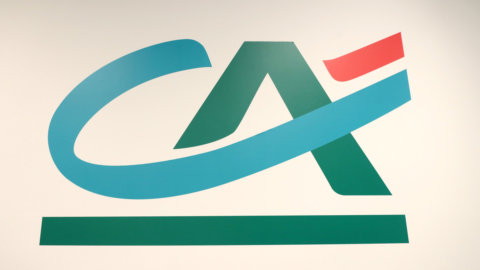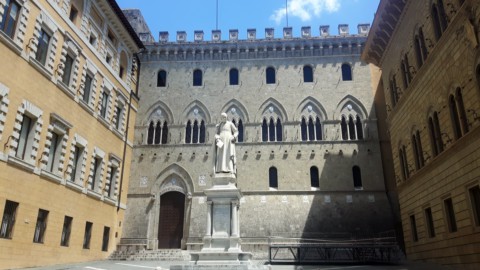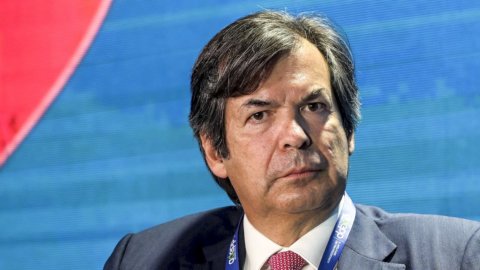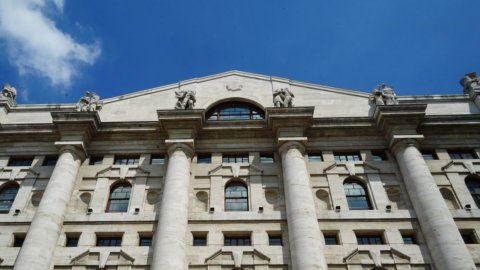La ECB it does not disappoint the market and, despite the inflation, it leaves the monetary policy unchanged. At least for now. Interest rates are therefore confirmed at historic lows:
- 0% on the main refinancing operations;
- 0,25% on the marginal lending facility;
- -0,50% on deposits at the central bank itself.
As for the future increases, “any change in rates – reiterated the Eurotower in the press release released at the end of the Governing Council – it will happen some time after the conclusion of the net asset purchases under the App and it will be gradual.”
The App purchase plan travels to the end of the line
The deceleration scheduled for the App purchase plan has also been confirmed: in April the ECB will invest 40 billion, which will drop to 30 next month and 20 the following month. “The data received since the last meeting reinforce the expectation that the net purchases should be completed in the third quarter”, reads the note from the ECB.
But then Lagarde clarified: "Let's say that the stop in the third quarter is very probable, but without saying exactly how much, it could be at the beginning or later: a quarter lasts three months".
But the Governing Council keeps its hands free
As regards future moves, "monetary policy will depend on new data and the evolution of the Governing Council's assessment of the outlook - continues the Central Bank - In the current conditions characterized by high uncertainty, the Governing Council will maintain gradualness, flexibility and openness to options in the conduct of monetary policy. The board will undertake any action necessary to fulfill the mandate to pursue price stability and to help preserve financial stability”.
ECB: "Inflation will remain high"
The conflict in Ukraine “and the associated uncertainty weigh heavily on business and consumer confidence. Interchange disturbances lead to new shortages of materials and inputs – continues the note – The surge in energy and raw material prices reduces demand and slows down production. The performance of the economy will crucially depend on the evolution of the conflict, the impact of the sanctions in force and any further measures. Inflation has increased significantly and will remain elevated in the coming months, mainly due to the sharp increase in energy costs. Inflationary pressures have intensified in many sectors.
Lagarde: "Stop Russian oil and gas would have significant impact"
“Obviously on oil and gas a boycott from Russia would have a significant impact: any such risk must be carefully assessed”. This was stated by the number one of the ECB, Christine Lagarde, in the press conference at the end of the Governing Council.
This perspective "strengthens the determination of Europeans to move towards green energy and to reduce dependence" on fossil fuels. But on the fallout from a ban on fuels from Russia, "we only know that some EU countries would be more affected and that Europeans, together, are looking at ways for a joint approach" on supplies and stocks.
In general, the risks of weakening the economy have increased "significantly" following the war in Ukraine and the sanctions against Russia: "The war is seriously affecting the economy, the impact will depend on how the conflict develops and the sanctions. We will closely monitor upcoming data to assess the inflation outlook."





